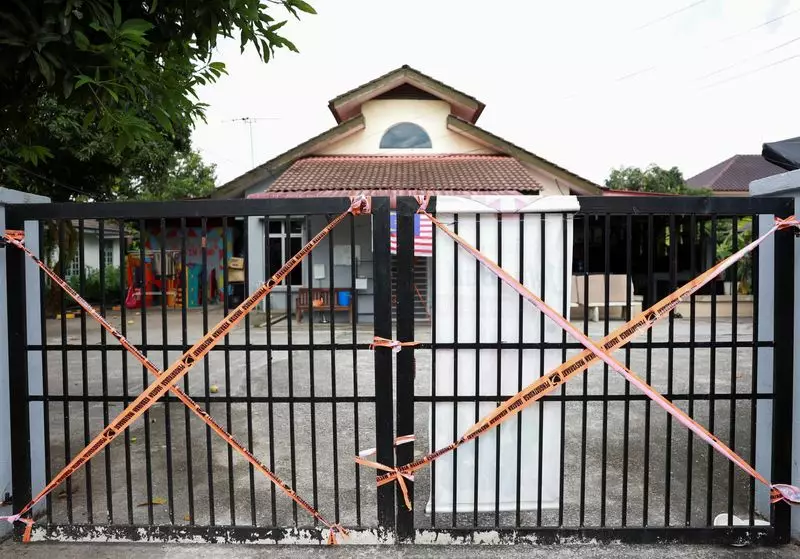In recent days, Malaysian authorities conducted a series of police raids on charity homes associated with Global Ikhwan Services and Business Holdings (GISB), uncovering a harrowing situation involving hundreds of children and youths. These individuals were rescued amidst allegations of suspected sexual abuse, raising significant concerns about the organization’s operations and its foundations. CIF to the rescue operations, multiple Islamic leaders had been vocal about their demands for an investigation into GISB’s practices, citing claims of worker exploitation and unconventional teachings linked to the organization.
The incidents surrounding GISB are deeply troubling, as they not only put a spotlight on the organization’s management but also raise questions about its historical ties to the now-banned religious group Al-Arqam. Founded by Ashaari Muhammad in 1968, Al-Arqam was labelled deviant by Malaysian religious authorities decades ago due to its unorthodox teachings. The disturbing revelations regarding abuse within GISB’s associated charity homes prompt a reexamination of the organization’s activities and their potential exploitation of the vulnerable.
GISB has struggled to distance itself from its roots in Al-Arqam, a movement that was outlawed by the Malaysian government in 1994. While GISB openly acknowledges its connections to Ashaari Muhammad and his teachings, it has denied any wrongdoing in the management of these youth homes. Following the police raids, GISB’s CEO indicated the organization had broken “unspecified laws” but claimed the allegations of abuse were unfounded.
Despite this public facade, the testimonies of former members paint a different picture. Reports of exploitation and abuse have been surfacing for over a decade. Many of the youths discovered during the raids were children of GISB members, and they exhibited signs of both psychological and physical trauma. The contradiction between GISB’s assertions and the experiences of these young people underscores a complex web of denial and potential accountability issues that cannot be overlooked.
The sect-like tendencies and ideologies espoused by Al-Arqam continue to resonate within GISB, leading to scrutiny of its operational integrity and overall practices. Ashaari Muhammad’s teachings suggested supernatural abilities and messianic claims, notably overshadowing conventional Islamic beliefs. With such a controversial heritage, the activities of GISB raise serious ethical and moral questions. How can an organization founded on deviant teachings justify its actions in light of contemporary religious and humanitarian norms?
The shocking stories emerging from the charity homes helped unveil a deeply rooted culture of compliance within GISB. This culture may have perpetuated a cycle of silence and acceptance of abuse among community members. The revelations challenge our understanding of religious authority and the dire consequences of unaccountability within such institutions. The complexity of navigating faith and ethics becomes apparent, especially when vulnerable populations are at risk.
As reports of abuse circulate, public sentiment is growing increasingly critical of GISB’s practices. Individuals within communities that were once supportive of the organization are expressing concern and disbelief. Residents from towns affected by the raids have voiced shock, urging a thorough investigation to uncover the truth behind these allegations. The demand for transparency is echoed by voices in academia, where observers urge a comprehensive examination of both the organization’s practices and the teachings that have shaped its ideology.
As Malaysia’s authorities delve into this complex case, the implications for GISB could be far-reaching. Expected investigations into money laundering and other potential illegal activities may provide further insight into the operations of the organization. The intersection of religion, exploitation, and governance warrants careful scrutiny as society grapples with these alarming allegations and seeks means to safeguard vulnerable populations against manipulative entities masked in religious guise.
The recent controversy surrounding Global Ikhwan Services and Business Holdings sheds light on an intricate interplay between faith, power, and moral responsibility. The urgent need for reform and accountability within organizations claiming religious justification continues to be a pressing societal issue. As the investigations unfold, the hope remains that the voices of the survivors will be heard, bringing forth the change desperately needed in ensuring the rights and dignity of all individuals in the name of faith and service.

